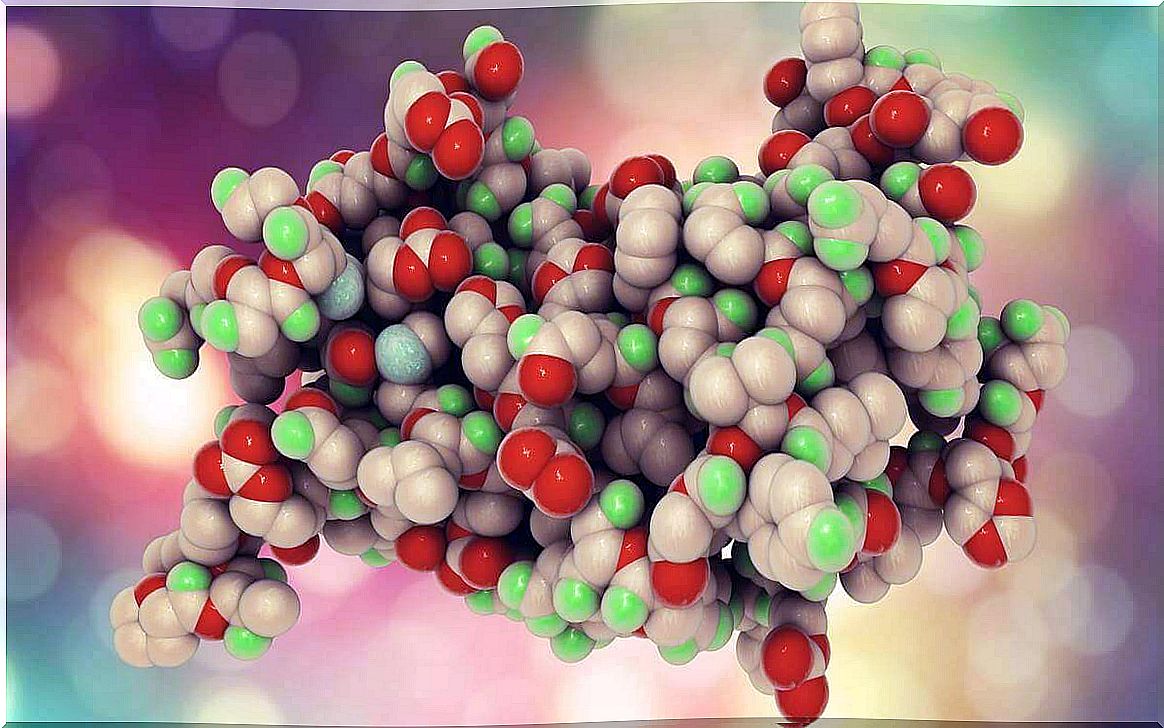Stress Hormones

Stress hormones are decisive in every living thing. Fleeing from dangers, reacting to the demands of the environment, activating ourselves to solve a problem or simply “waking up” all our mental resources to take an exam are essential processes in which these small, but powerful molecules mediate.
Now, we know that it is enough to hear the term stress to associate it with clearly negative experiences. We all know its effects. In fact, most of us have gone through a time when worries and external pressure have led to muscle pain, digestive disorders, headaches, insomnia…. The physiological changes that orchestrate this series of hormones can be very intense and exhausting.
However, we must be clear about one aspect. Without these chemical reactions the human being would not have survived. The stress response has allowed us to react to daily adversities in order to adapt to an increasingly complex environment. Thus, and although today we do not have to defend ourselves against the same dangers as our prehistoric ancestors, external demands remain challenging.
Understanding the mechanics of this hormonal network associated with this emotional response is always interesting and useful.

What are stress hormones?
Each of us is programmed to react to any threat, whether it is external due to a specific danger or triggered by an internal concern. Today, situations such as those caused in a work environment, due to economic or emotional problems, act as triggers for stress.
The threats, dangers and challenges are now invisible, they cannot be touched or glimpsed as they used to when our ancestors faced, for example, a predator. This natural response to stress allows us to activate an endless number of physical and psychological resources to face any danger and all of this falls within the normal, than expected.
However, the real problem comes when that state of stress is constant. In the event that we do not address the problems adequately, if we do not use adequate coping measures, the stress hormones will continue to act. That is when the physical discomfort and health risks arrive.
So let’s discover how this network of hormones works and works.
Cortisol, the hormone that activates us
Cortisol is a steroid hormone that regulates a wide range of processes in the body. Although it plays a decisive role in helping us respond in stressful situations, it is key in metabolic tasks and also in those related to the immune response.
- Cortisol secretion is regulated by the hypothalamus, the pituitary gland, and the adrenal glands.
- Almost all cells contain receptors for cortisol, which gives us a clue to the large number of processes in which it participates.
- It is key, for example, in controlling the body’s blood sugar levels, in promoting the balance of salt and water and also in blood pressure.
- Cortisol levels are higher during the day to allow us to be more activated in the daytime hours.
- On the other hand, when we go through long periods of stress and anxiety, the excessive release of cortisol can have serious effects. These include hypertension, mood swings, muscle pain, osteoporosis, and even changes in body weight.

Adrenaline, allows you to act in the face of dangers
When you go through a stressful situation, your hands sweat, your heart races, your mouth dries… This response is mediated by one of the most important stress hormones: adrenaline or epinephrine.
Thus, it should be noted that it also acts as a neurotransmitter and that it is produced in the adrenal or adrenal glands and is released mainly in times of stress, danger and excitement.
Among the changes that adrenaline orchestrates in the body when it begins to be released into the bloodstream are the following. Remember that all these changes have one goal: to prepare the body for fight or flight.
- Increase your heart rate.
- Increases the capacity of the respiratory system so that we can breathe in more air.
- It breaks down glycogen (an energy reserve polysaccharide found in muscles and liver).
- Expands blood vessels to optimize blood flow.
- Facilitates the connection between nerve cells so that information goes faster.
Vasopressin, modulator of the stress response
Vasopressin is known as antidiuretic hormone, that is, it promotes fluid retention. Now, in recent years we have discovered that it is an important hormonal component of the stress response.
Studies such as those carried out at the University of Edinburgh in 2017, offer us data to understand its importance a little better.
- Vasopressin has a modulating effect on the body’s response to stressful or anxious situations.
- Among the stress hormones, vasopressin would play a key role in promoting the release of corticotropin. What this biological element does is facilitate the secretion of corticosteroids such as cortisol.
- There is also another interesting aspect. This hormone is produced in a series of hypothalamic neurons that control the response to stressful environmental challenges. That is, when the brain interprets that we have a challenge before us, it releases this element so that it initiates a whole series of essential biochemical changes so that we can act on it.
To conclude, as we can see, each sequence that activates the brain to respond to everyday risks has no other purpose than to allow us to act. That is, after all, the purpose of stress: to act in the face of dangers and make them disappear. Letting those situations of concern and anguish linger over time is what takes its toll on us. Let’s keep it in mind.









